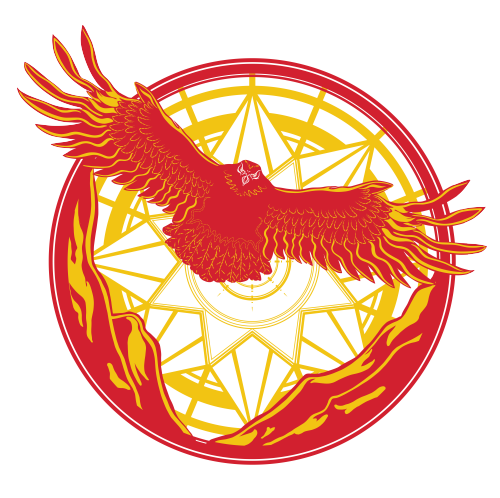Course Category: Imaginative Literature
-
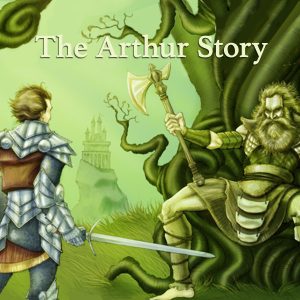
The Arthur Story
This course explores King Arthur from his beginnings in the historical record in the late 5th/early 6th century through Tennyson’s idealistic vision of the great King in the late 19th century.
-
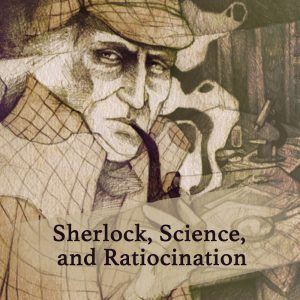
Sherlock, Science, and Ratiocination
This course focuses on Edgar Allan Poe and Conan Doyle and how their works blended scientific method, mystery, and imagination to create the modern literature of detection.
-
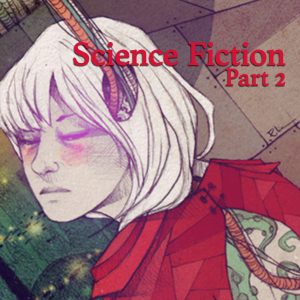
Science Fiction Part II
Join award-winning scholar Dr. Amy H. Sturgis as she explores the ways in which the literature of science fiction over time has asked the question: “What if?”
-
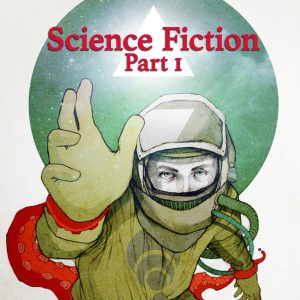
Science Fiction Part I
Join award-winning scholar Dr. Amy H. Sturgis as she explores the ways in which the literature of science fiction over time has asked the question: “What if?”
-
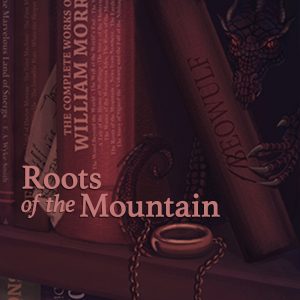
Roots of the Mountain
This course studies Tolkien’s works in relation to the fantasy literature of the nineteenth and twentieth centuries.
-
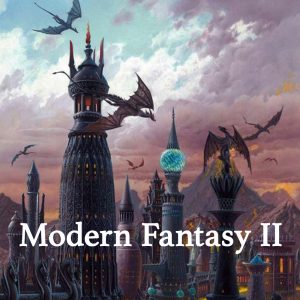
Modern Fantasy II
This course explores fantasy literature written over the past 60 years with an examination of the works of six modern fantasy authors.
-
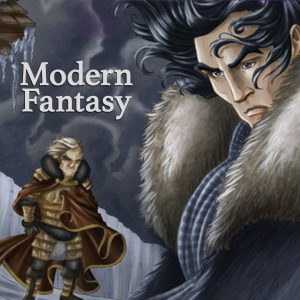
Modern Fantasy I
This course explores fantasy literature written within the past 50 years, with an examination of the works of six top modern fantasy authors: Peter Beagle, Ursula Le Guin, Neil Gaiman, Jim Butcher, Garth Nix, and George R. R. Martin.
-
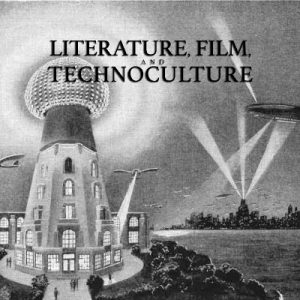
Literature, Film, and Technoculture
This course surveys a range of literary and cinematic narratives that explore the growth, acceleration, and consequences of modern technoculture. Works of literature will be placed alongside films and embedded historically within debates and developments.
-
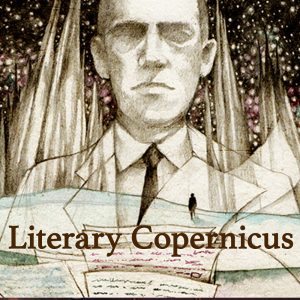
Literary Copernicus: The Cosmic Fiction of H.P. Lovecraft
This course explores the work of H.P. Lovecraft and his impact on literature and popular culture. Students will study the foundations of Lovecraft’s writing, the meaning behind his works, along with his cosmic vision and legacy.
-
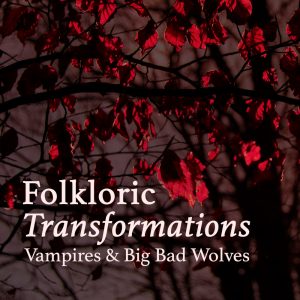
Folkloric Transformations: Vampires & Big Bad Wolves
This course explores the transformations of folklore in modern literature, film, and TV, focusing primarily on vampires, as well as fairy tale creatures.
